Earth
Sign up for our newsletter
We summarize the week's scientific breakthroughs every Thursday.
-
 Chemistry
ChemistryHow rare earth elements’ hidden properties make modern technology possible
Because of their unique chemistry, the rare earth elements can fine-tune light for many different purposes and generate powerful magnetic fields.
By Nikk Ogasa -
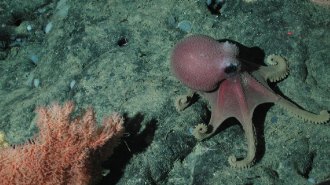 Science & Society
Science & SocietySea life offers a lens for self-exploration in ‘How Far the Light Reaches’
In a collection of essays profiling 10 marine animals, author Sabrina Imbler mixes in stories of their own family, self-discovery, sexuality and healing.
By Aina Abell -
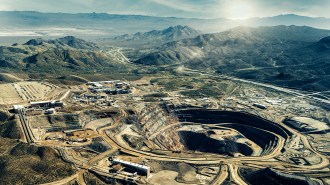 Earth
EarthRare earth mining may be key to our renewable energy future. But at what cost?
We take you inside Mountain Pass, the only rare earth mine in the United States.
-
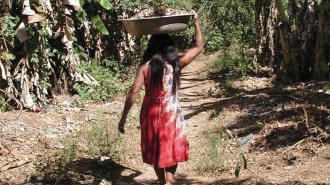 Earth
EarthIndigenous people may have created the Amazon’s ‘dark earth’ on purpose
Modern Amazonians make nutrient-rich soil from ash, food scraps and burns. The soil strongly resembles ancient dark soils found in the region.
By Freda Kreier -
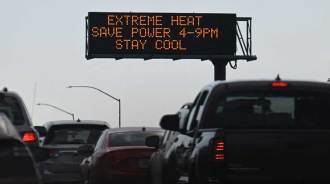 Climate
ClimateExtreme weather in 2022 showed the global impact of climate change
Heat waves, floods, wildfires and drought around the world were exacerbated by Earth’s changing climate.
-
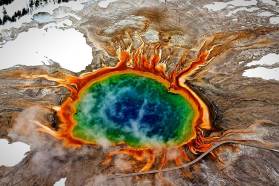 Earth
EarthNo, Yellowstone isn’t about to erupt, even after more magma was found
A new study offers the best views yet of what lurks beneath the Yellowstone supervolcano.
-
 Climate
Climate2022’s biggest climate change bill pushes clean energy
Experts weigh in on the pros and cons of the United States’ first major climate change legislation, the Inflation Reduction Act, signed this year.
By Nikk Ogasa -
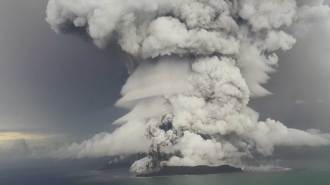 Earth
EarthThe Hunga Tonga volcano eruption touched space and spawned a lightning blitz
The eruption of the Hunga Tonga-Hunga Ha’apai volcano in the Pacific Ocean earlier this year was one for the record books — in several surprising ways.
-
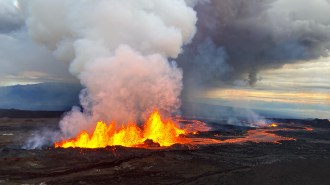 Earth
EarthHawaii’s Mauna Loa volcano is erupting. Here’s what you need to know
A geophysicist with the U.S. Geological Survey answers questions about the recent eruption of the world's largest active volcano.
-
 Animals
AnimalsDry pet food may be more environmentally friendly than wet food
The environmental cost of wet pet food is higher than dry food, scientists say. That may be because wet food gets most of its calories from animals.
By Meghan Rosen -
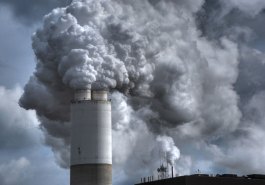 Health & Medicine
Health & MedicinePollution mucks up the lungs’ immune defenses over time
A study of immune tissue in the lungs reports that particulate matter buildup from air pollution may impair respiratory immunity in older adults.
-
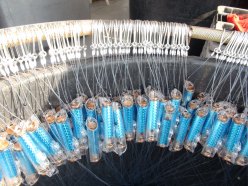 Animals
AnimalsThese devices use an electric field to scare sharks from fishing hooks
SharkGuard gadgets work by harnessing sharks’ ability to detect electric fields. That could save the animals’ lives, a study suggests.